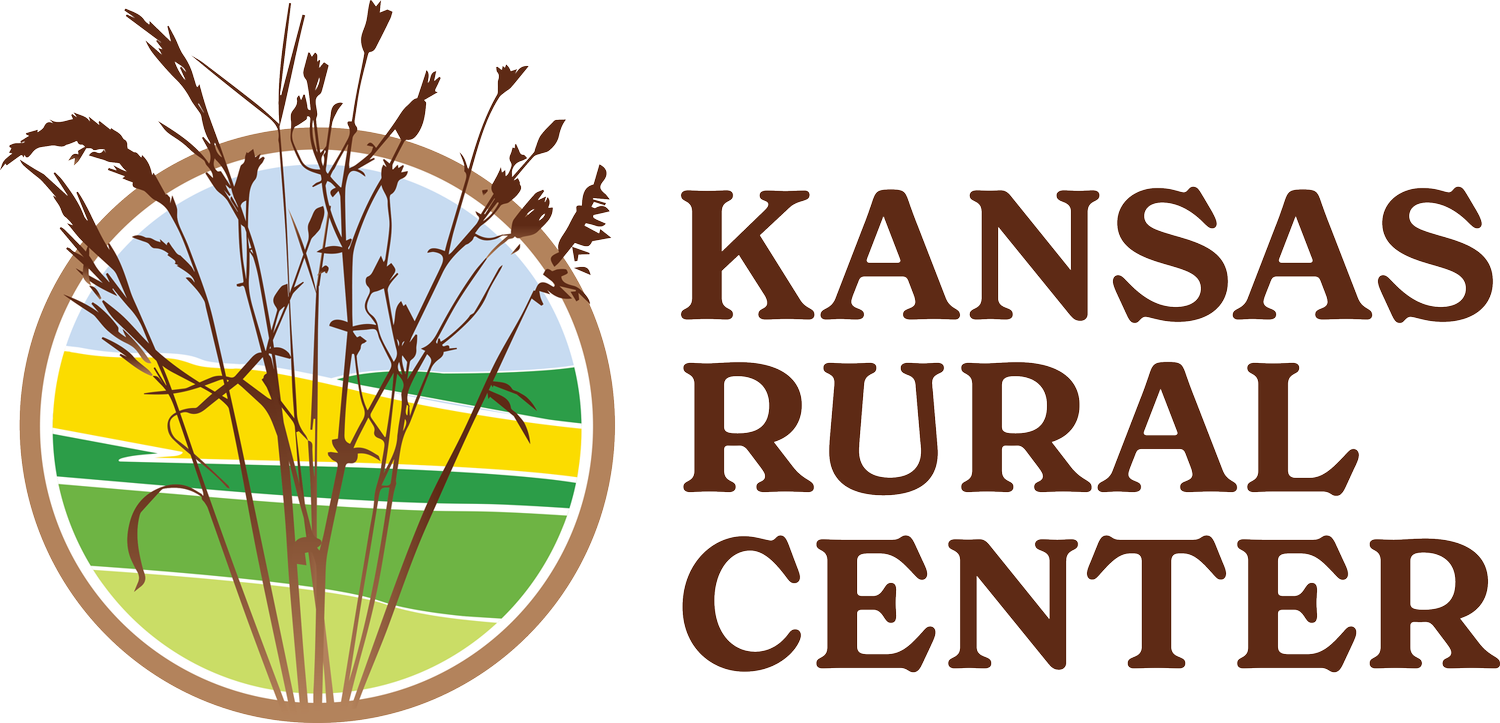
Diversity, Equity, and Inclusion Policy
1. Acknowledgement
a. Our mission at KRC is to promote the long-term health of the land and all its people. We strongly believe this can be done by advancing ecologically sound, economically viable and socially just food and farm systems. We feel that diversified farming systems play a critical role in achieving these outcomes. We recognize that principles of diversified farming are based in long-standing knowledge and practices of Indigenous people, people of color, women, and underserved populations.
b. The economic foundation of contemporary agriculture and food systems in America is built in part upon the enslavement and forced migration of people, which initiated a violent and lasting legacy of systemic racism.
c. The modern paradigm of land ownership and access in the Great Plains region is based on the ethnocide and forced removal of Indigenous populations from land that their ancestors stewarded for thousands of years prior to colonization.
d. Agricultural laborers, many of whom have immigrated from other lands, are often underpaid, mistreated and underrepresented in conversations of equity in farm and food systems.
e. Today, access to healthy food that is produced in an intentional, ecologically sound, socially just manner that attempts to thoughtfully mitigate the destructive processes of globalization and capitalism remains a privilege that is largely inaccessible to those without means.
2. Goals for Kansas Rural Center
a. We aim for our work to respectfully, intentionally and thoughtfully create deeper and more equitable relationships with underserved communities across Kansas, and to engage with and learn from those who have inhabited this land for many generations before colonial settlers.
b. We challenge ourselves and our network to ensure that our work always includes and reflects a greater diversity of stories and ways of knowing.
c. We will uphold our responsibility to serve as allies, advocates and partners to farmers and community members that are socially disadvantaged, underserved or underrepresented.
3. How KRC will achieve this
a. KRC staff and board will work harder to be better listeners and we will create spaces where others can be heard. We will review this statement and our personnel policies on an annual basis to address and alter language that may unintentionally lead to actions that prevent our hiring and board selection processes from being truly equitable.
b. KRC will continue to engage with organizations that represent the communities most disproportionately impacted by social, economic, and environmental injustices embedded in food and farming systems. We will work to lift these narratives and bring them to the forefront of food and farm conversations.
c. KRC will support and collaborate with other organizations that are conscientiously working to reform oppressive power structures in food and farm systems.
d. KRC will examine public policy and advocate for policies that are specifically beneficial to socially disadvantaged communities. This includes, and is not limited to, policy centered around climate change, environmental justice, access to health care, land and nutritious food.
e. Through KRC workshops, community engagement, outreach and programming, we will uphold our responsibilities and intentions by:
i. Providing capacity building and program support that focuses on engaging those that are socially disadvantaged in the food and farm community for reasons of race, ethnicity, gender, sexual orientation, disability, education, or economic status.
ii. Offering translated resources and scholarships to attend KRC events.
f. KRC will identify specific resources and develop an accountability plan, with concrete metrics and goals, to ensure we are performing the work necessary to become a more inclusive, diverse organization with the aim to build a more equitable farm and food systems movement throughout Kansas.

